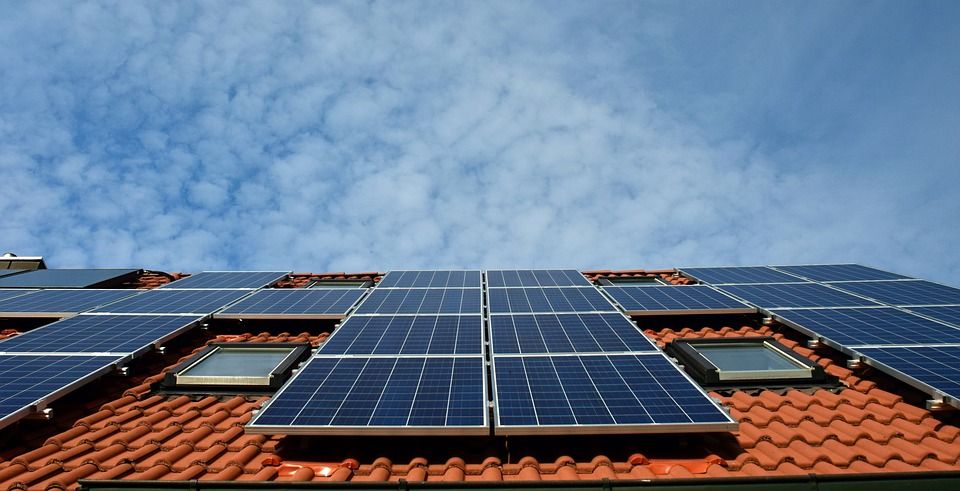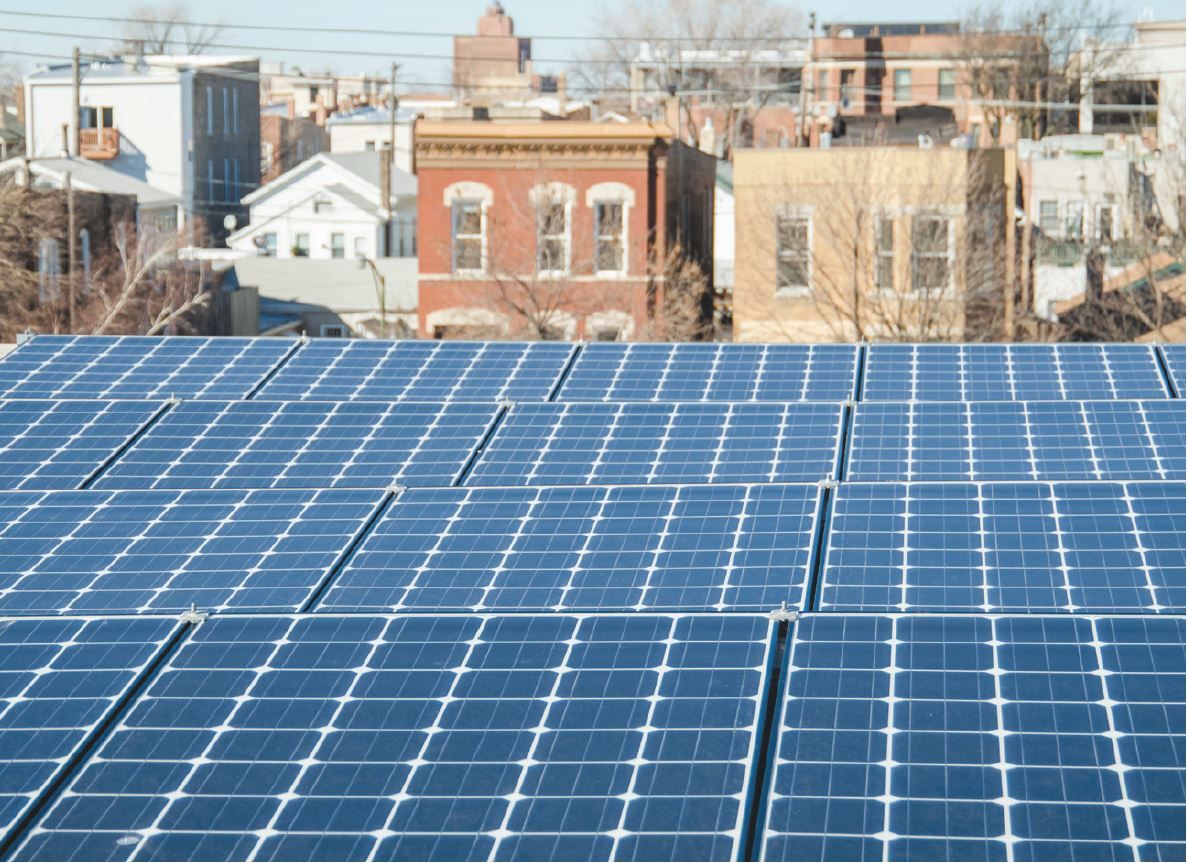
So, What’s the Plan?
Thoughtful Siting of Solar Installations is Critical to Rhode Island’s Future.
By Meg Kerr, Senior Director of Policy
Rhode Island is experiencing a building boom of a new kind. After a couple of quiet years, Rhode Island’s renewable energy enabling laws are now attracting the attention of developers from across the country. Landowners in communities throughout the state are considering solar as a development option for their properties. Large solar projects have been built in Cranston, Richmond, South Kingstown and East Providence, while others are in the planning or construction phase in a number of communities throughout Rhode Island.
This current solar development pressure is similar to Rhode Island’s land development booms in the past. From 1970 – 1995, while the state’s population remained almost flat, the rates of land development were very high. State policy makers responded to this land use pressure by passing the Rhode Island Comprehensive Planning and Land Use Regulation Act of 1988, which established a process for orderly growth. The Act requires cities and towns to use their comprehensive planning process to establish local land use plans. In 2000, Governor Lincoln Almond created the Growth Planning Council by Executive Order to examine development patterns and recommend ways to encourage sustainable growth.
As we face this new development boom, Audubon is working hard on state policy solutions to protect forest lands and other critical habitat for birds and wildlife. For large solar installations or other development that would require large areas of cleared of trees, we advocate for, and support, public policies that offer incentives to developers to site these facilities on land that is already disturbed or developed, while dis-incenting removal of forest habitat.
In addition, we recommend the following to state policymakers:
- Continue Rhode Island’s strong support for energy conservation and efficiency, the cleanest and cheapest “fuel” available. Energy efficiency not only lowers consumer, business and municipal utility bills and supports local jobs — it poses no siting challenges.
- Maximize the siting of solar installations on residential and commercial rooftops. Rhode Island is lagging regional leaders on rooftop solar, which when fully developed, helps avoid the siting of projects in sensitive environmental areas. Rooftop solar is a small, but important piece of this puzzle.
- Quickly implement strategies to change the economics of siting and encourage cost-effective renewables development on commercial and industrial zoned land, on already developed land, and in other locations with environmental alterations such as closed landfills, brownfields and parking lots.
I am confident that by working together with state decision makers, the renewable development community, local planners, environmental organizations and engaged Rhode Island residents, we can make the necessary transition to renewable energy while protecting habitat for the birds and wildlife we all treasure.


















